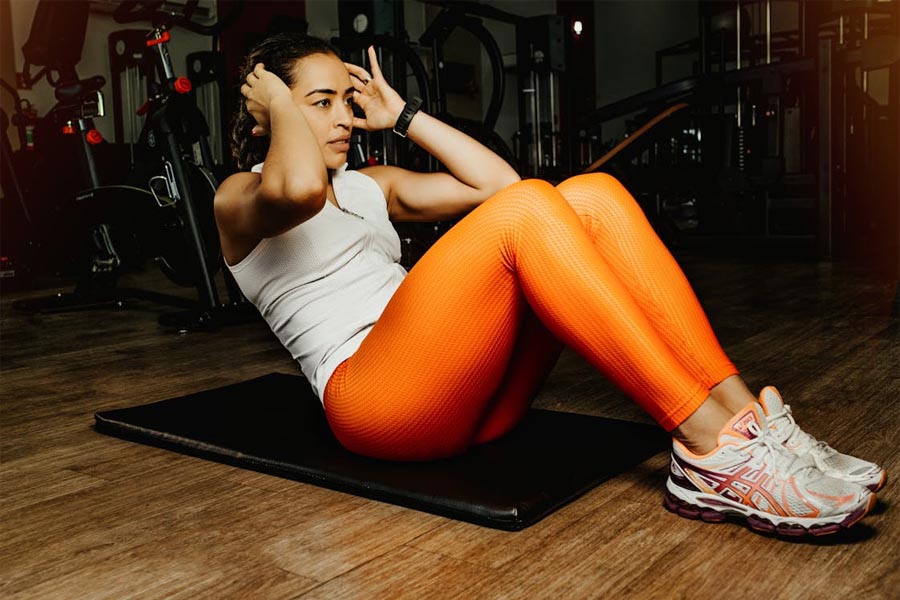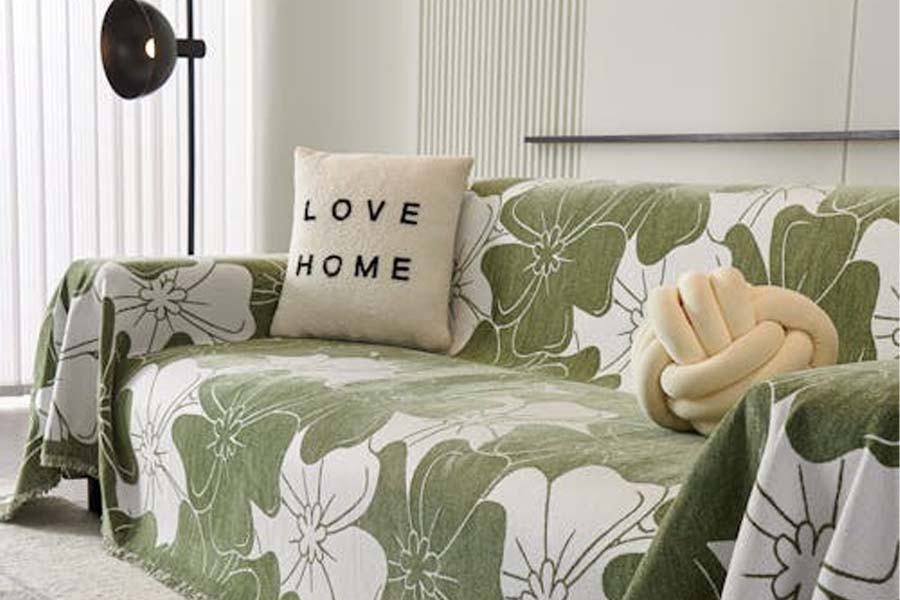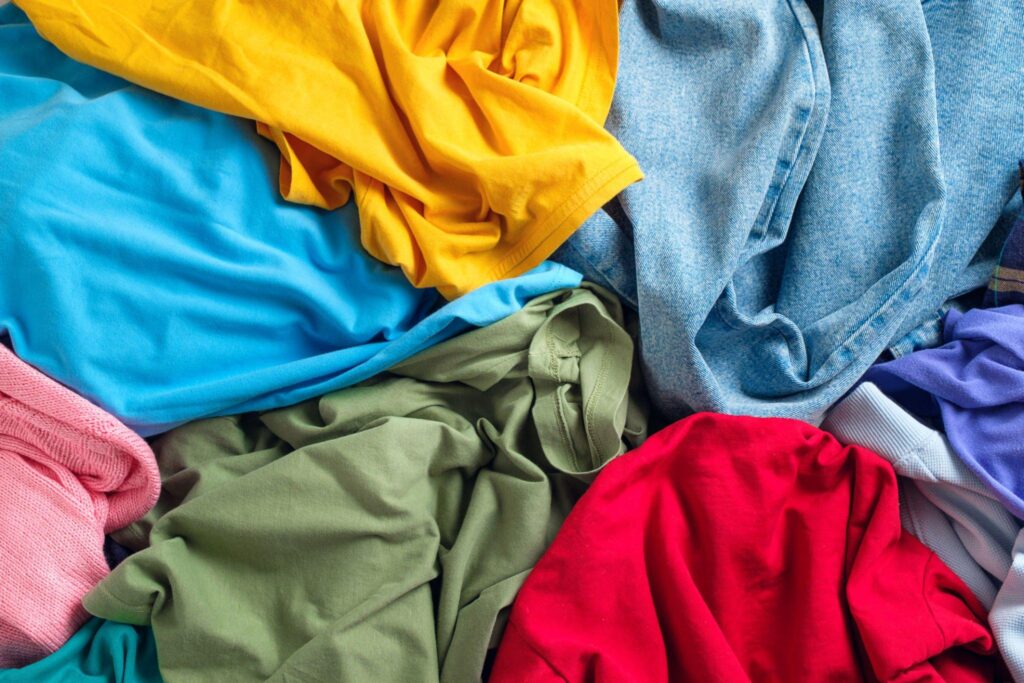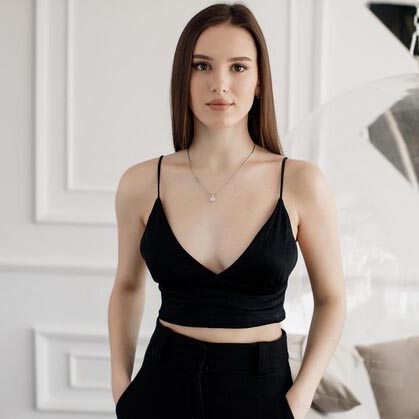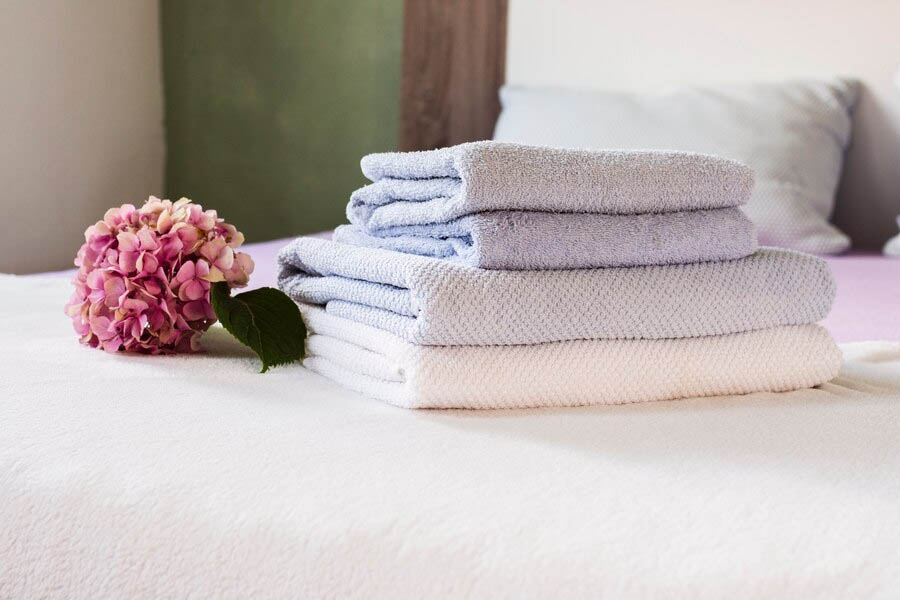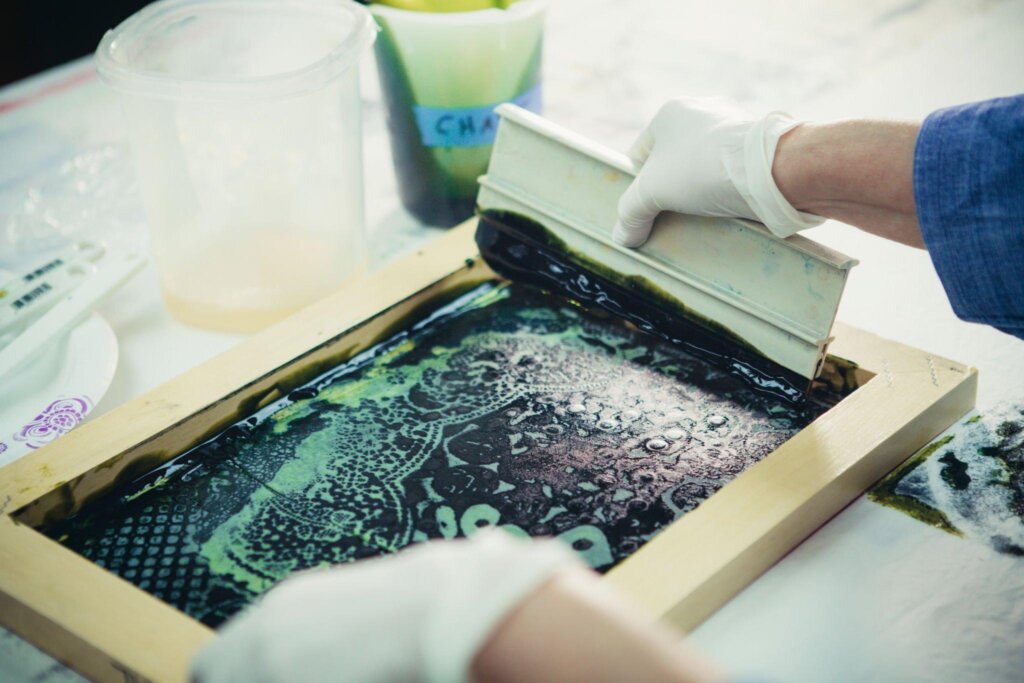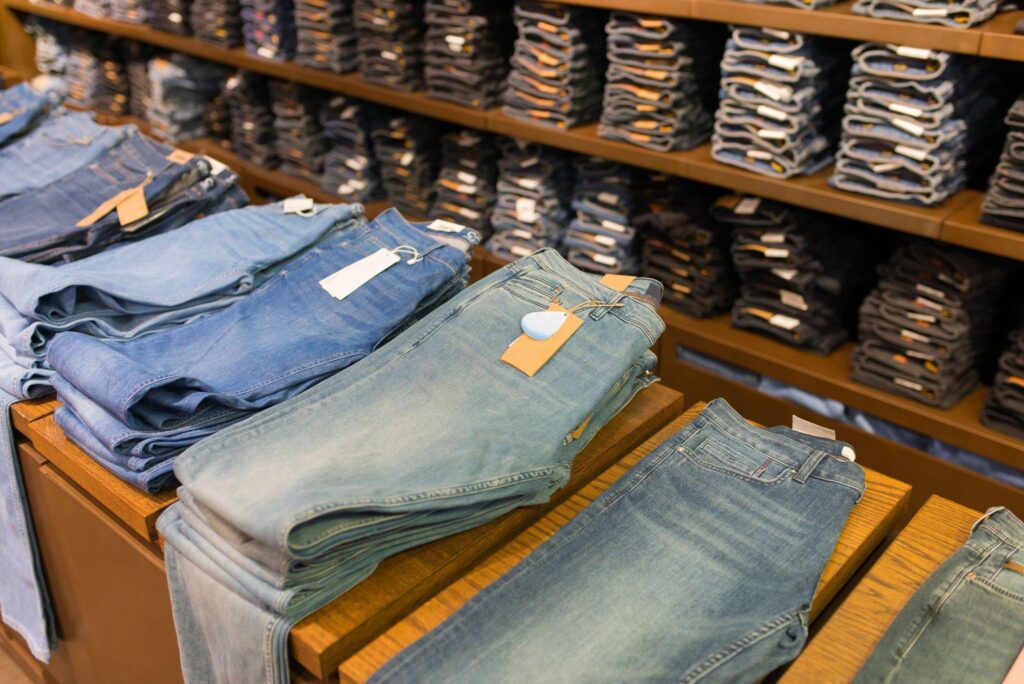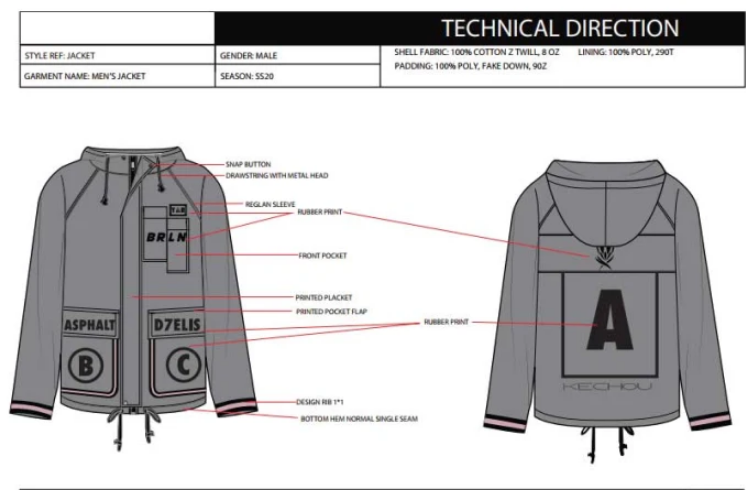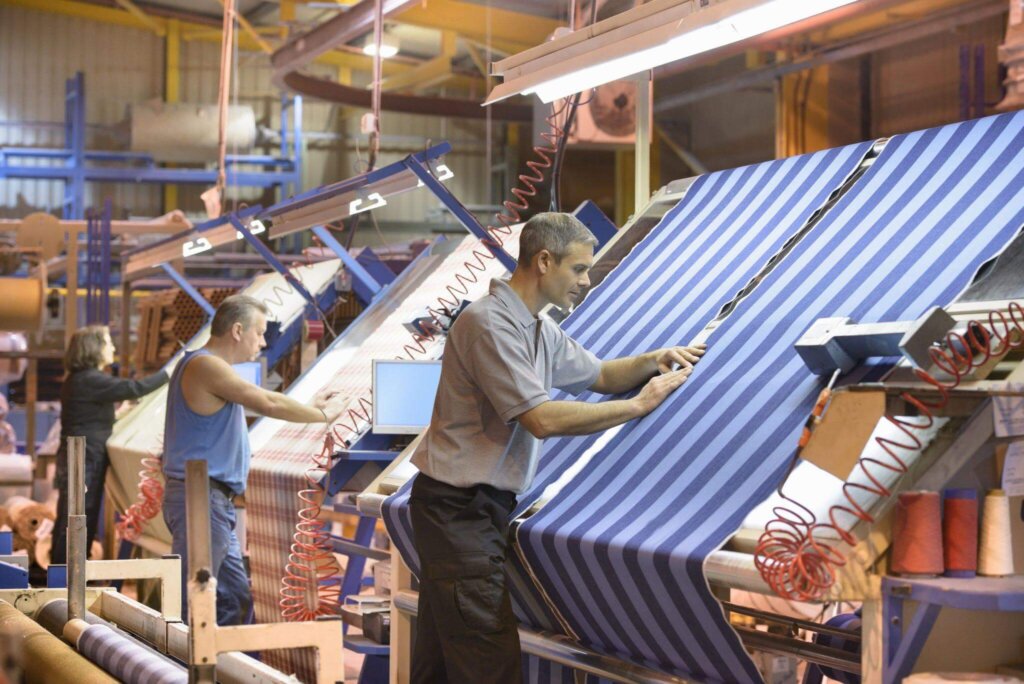Strategic fabric sourcing requires technical expertise in textile engineering, supply chain logistics, and compliance management. For apparel brands, precise material selection impacts 78% of product performance and 65% of consumer satisfaction metrics. This comprehensive guide provides industrial frameworks for optimizing fabric procurement aligned with technical specifications and commercial objectives.
Technical Value of Precision Fabric Sourcing

Industrial fabric sourcing extends beyond procurement to encompass:
- Performance Engineering: Fiber composition, weight (GSM), and mechanical properties
- Compliance Assurance: Oeko-Tex 100, REACH, CPSIA certifications
- Cost Optimization: Yield calculations and wastage minimization
Ludyway’s sourcing data indicates brands implementing technical specifications reduce sampling cycles by 40% while improving private label clothing margins by 22%.
Technical Selection Parameters

Evaluate materials against 8 industrial benchmarks:
| Parameter | Testing Standard | Performance Range |
|---|---|---|
| Abrasion Resistance | ASTM D4966 | >30,000 Martindale cycles |
| Pilling Resistance | ISO 12945-2 | Rating 4-5 |
| Colorfastness | AATCC 16 | Class 4+ after 20 washes |
| Dimensional Stability | ISO 5077 | ≤3% shrinkage |
Technical Sourcing Protocol
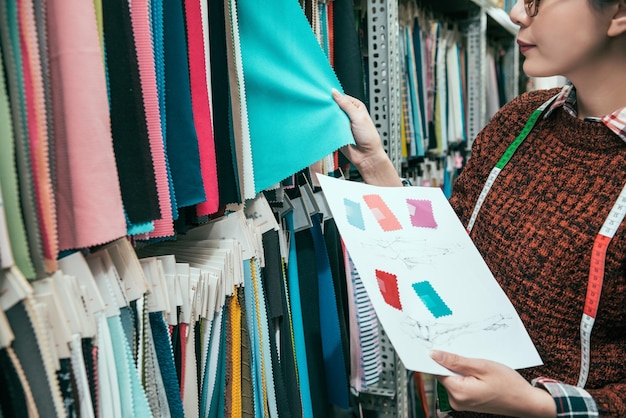
- Strategic Sourcing Framework
Develop technical specifications including:
- Fiber content percentages (±2% tolerance)
- Weight: 120-400 GSM (season-dependent)
- Finish: Enzyme wash, mercerization, calendering
- Certifications: GOTS, BCI, OCS 100
- Supplier Technical Audit
Evaluate mills against:
- Vertical integration capabilities
- Testing lab equipment (spectrophotometers, tensile testers)
- MOQ flexibility (300-5,000 yard range)
- Swatch Validation Protocol
Implement 5-point swatch assessment:
- Shade matching (ΔE ≤0.8 under D65 light)
- Hand feel evaluation (20+ experts panel)
- Performance testing (ISO standards)
- Drape coefficient calculation
- Pilling resistance verification
- Supplier Relationship Management
Establish technical partnerships with:
- Quarterly performance reviews
- Joint R&D initiatives
- Volume-based pricing tiers
- Technical Fiber Selection
Specify based on end-use requirements:
| Fiber | Technical Properties | Optimal Applications |
|---|---|---|
| Combed Cotton | Ne 24-40, staple length 28-32mm | Premium shirting |
| Mulberry Silk | 22-25 denier, 10-12% moisture regain | Luxury eveningwear |
| Merino Wool | 18.5 micron, crimp 25-30/cm | Performance base layers |
For specialized applications, consult Ludyway’s custom cut and sew manufacturing technical team.
Knit vs Woven Engineering
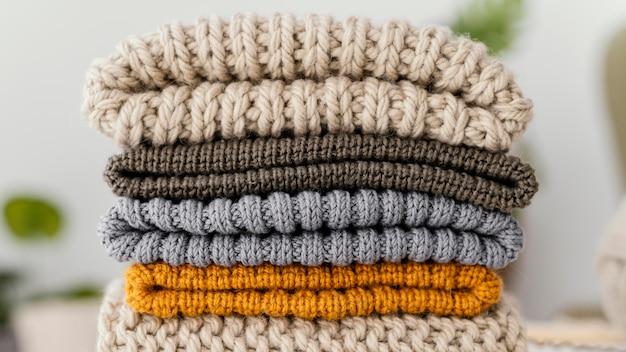
Technical specifications by construction:
| Parameter | Knit Fabrics | Woven Fabrics |
|---|---|---|
| Elongation | 30-50% (ASTM D2594) | 3-8% |
| Drape Coefficient | 0.4-0.6 | 0.6-0.8 |
| Production Speed | 30m/min (circular knitting) | 15m/min (shuttle loom) |
Consider sublimation printing for knit performance wear and screen printing for woven fabrics.
SME Sourcing Strategies

- Trade Show Technical Engagement
Prepare for events with:
- Material technical data sheets (TDS)
- Minimum yardage requirements
- Compliance checklist
- Consortium Sourcing
Join sourcing groups with:
- Combined MOQ leverage
- Shared testing costs
- Bulk shipping advantages
- Local Mill Partnerships
Develop relationships with regional mills offering:
- Rapid sampling (7-10 day turnaround)
- Low MOQ capabilities (100-500 yards)
- Just-in-time delivery
Technical Solutions to Sourcing Challenges
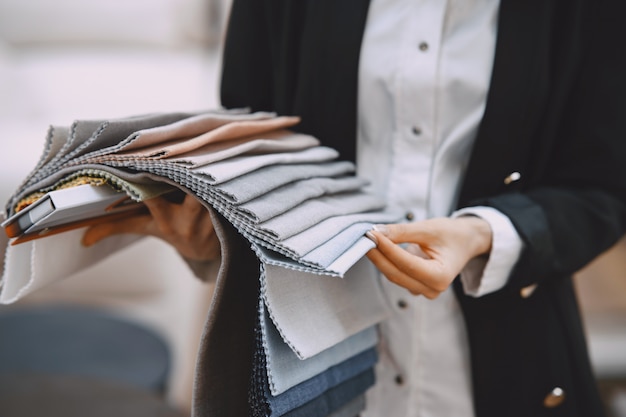
- MOQ Optimization
Implement strategies:
- Nesting multiple designs in single rolls
- Deadstock fabric partnerships
- Mill overstock programs
- Quality Assurance Protocols
Establish 4-stage verification:
- Pre-shipment inspection (AQL 2.5)
- Spectrophotometric analysis (ΔE ≤1.0)
- Performance testing (ISO standards)
- Roll-by-roll documentation
- Lead Time Compression
Utilize:
- Digital inventory platforms
- Air freight consolidation
- Domestic warehousing
Global Sourcing Infrastructure
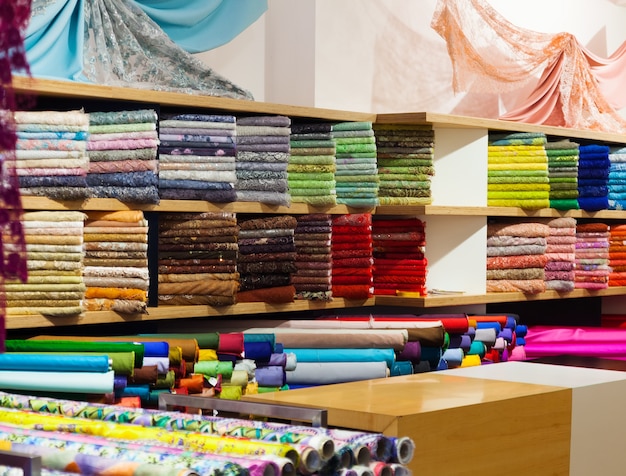
Technical evaluation of sourcing channels:
Specialized Mills
- Technical Advantage: Custom fiber blends and finishes
- MOQ: 1,000+ yards
- Lead Time: 60-90 days
Converter Partnerships
- Technical Advantage: Small-batch dyeing and finishing
- MOQ: 300-500 yards
- Lead Time: 30-45 days
Sourcing Agents
- Technical Advantage: Multi-mill quality benchmarking
- MOQ: Flexible
- Lead Time: 45-60 days
For embroidery applications, prioritize fabric stability (≤2% shrinkage).
Post-Sourcing Technical Validation

Implement incoming inspection protocol:
- Document verification (test reports, compliance certificates)
- Random roll selection (10% of shipment)
- Shade matching (spectrophotometer at 3 points/roll)
- Weight verification (GSM tolerance ±3%)
- Performance spot checks (tear strength, seam slippage)
Conclusion
Technical fabric sourcing requires systematic evaluation of fiber properties, performance parameters, and supply chain capabilities. By implementing measurable specifications—from GSM tolerances to colorfastness standards—brands ensure material consistency and product integrity. Ludyway’s vertically integrated sourcing network provides end-to-end solutions from fiber selection to finished fabric, combining technical expertise with global logistics for optimal material procurement.


